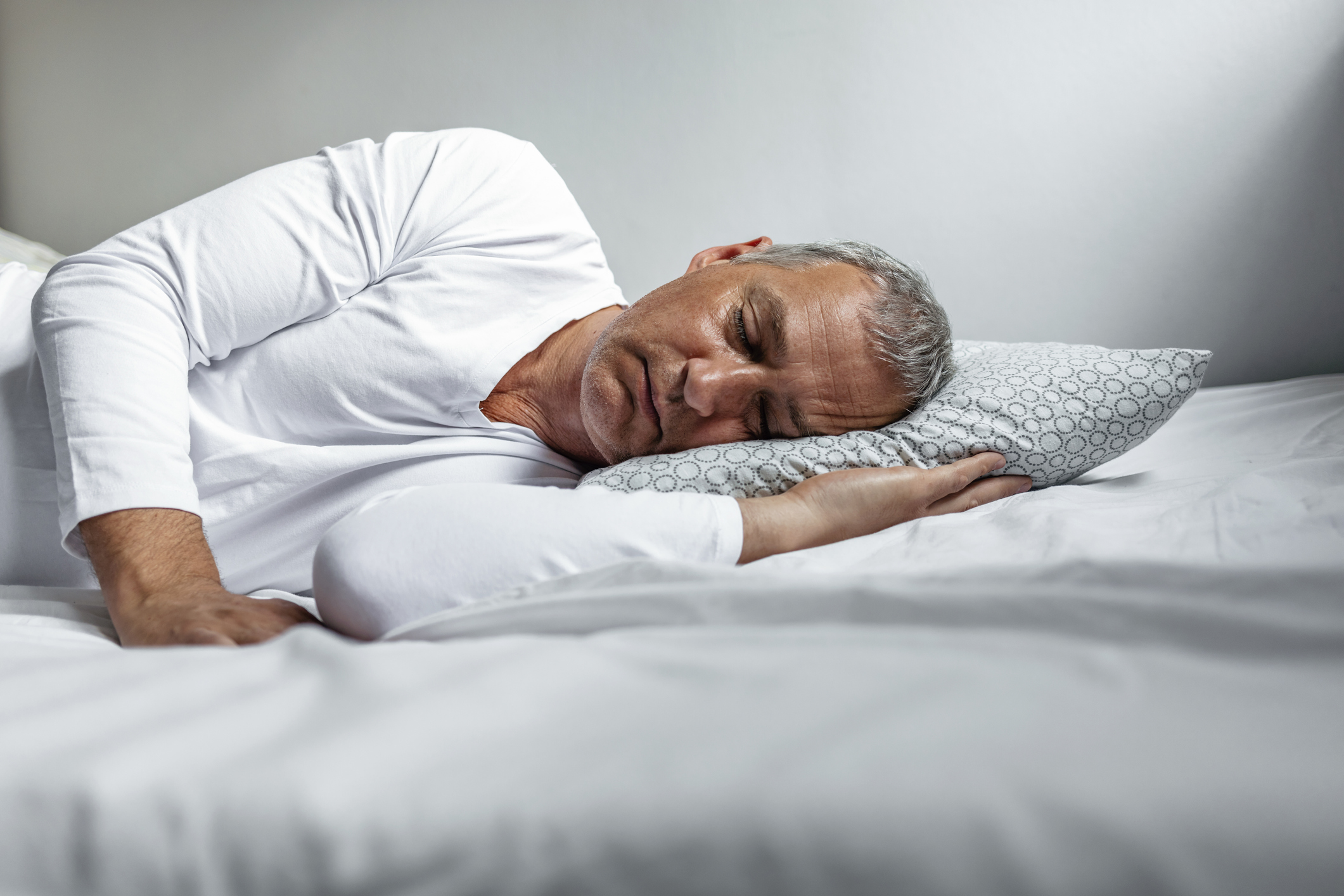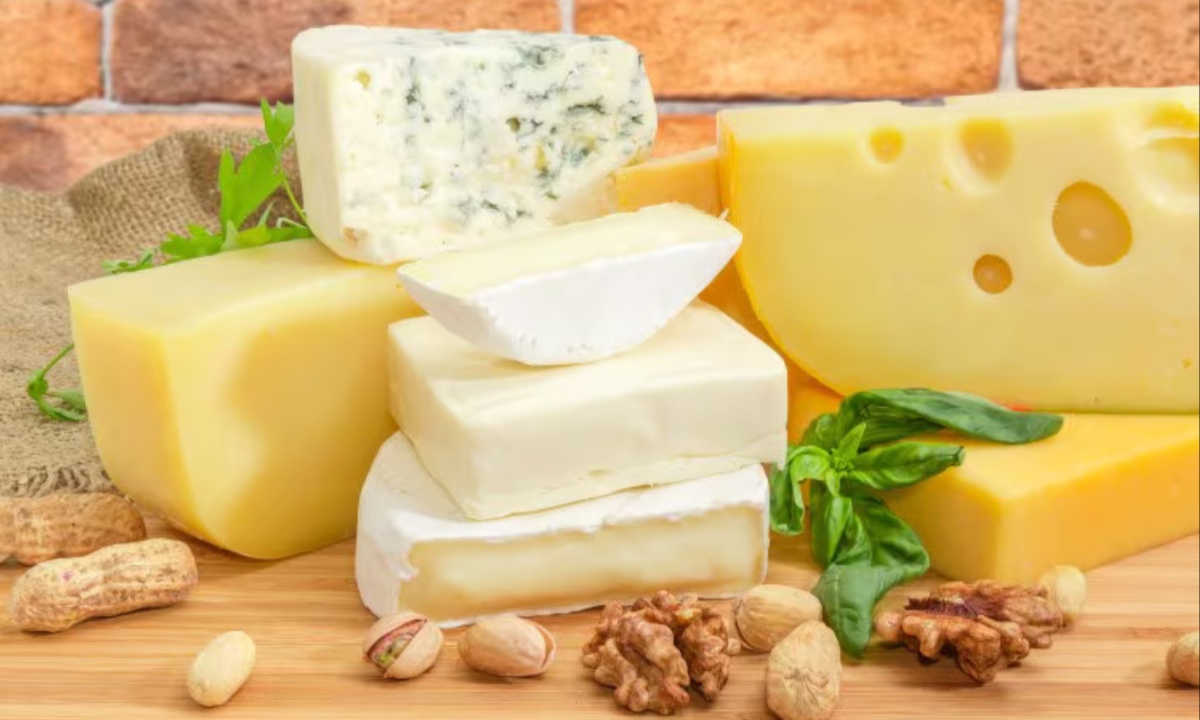Recent research challenges the common belief that cheese exacerbates snoring, suggesting instead that it may reduce the risk of severe snoring. A significant study conducted in the UK involving 400,000 people found that regular cheese consumption is linked to a 28% lower risk of developing sleep apnoea, a disorder often associated with disruptive snoring. The findings, published in the Sleep Medicine journal, highlight that a diet rich in cheese may help prevent sleep apnoea, a connection that has not been given enough attention in previous research.
Sleep apnoea, particularly its most common form, obstructive sleep apnoea (OSA), occurs when the walls of the throat relax and collapse during sleep, obstructing the airway and causing breathing pauses. These interruptions in breathing result in loud snoring, which can disrupt sleep and cause daytime fatigue. OSA is prevalent in the UK, affecting up to 3.9 million people, though it remains under-diagnosed. While not all snorers have sleep apnoea, the intensity of the snoring is often correlated with a higher likelihood of the condition.

For years, snorers have been advised to avoid dairy products like cheese, particularly before bed, due to the belief that cheese could increase mucus production and block the airways. However, this new research offers a different perspective, suggesting that cheese might actually help mitigate the risk of developing sleep apnoea. The study proposes that cheese consumption may provide multiple benefits that reduce the chances of experiencing sleep apnoea, contrary to previous assumptions about its negative effects.
The researchers from Chengdu University in China have identified several ways in which cheese may contribute to lower sleep apnoea risk. These include increasing testosterone levels, which are thought to play a role in maintaining open airways and reducing blood pressure. High blood pressure is a known risk factor for sleep apnoea, and controlling it may significantly decrease the likelihood of the condition developing. The study also noted that various types of cheese, such as gorgonzola, cheddar, camembert, and manchego, could offer these benefits.
The findings of this study suggest that dietary habits, particularly cheese intake, should be considered more closely in efforts to prevent sleep apnoea and snoring. While more research is needed to fully understand the mechanisms at play, these results open up new possibilities for managing sleep-related issues. As the connection between diet and sleep apnoea becomes clearer, individuals may want to reconsider their dietary choices as part of an overall strategy for improving sleep quality.
